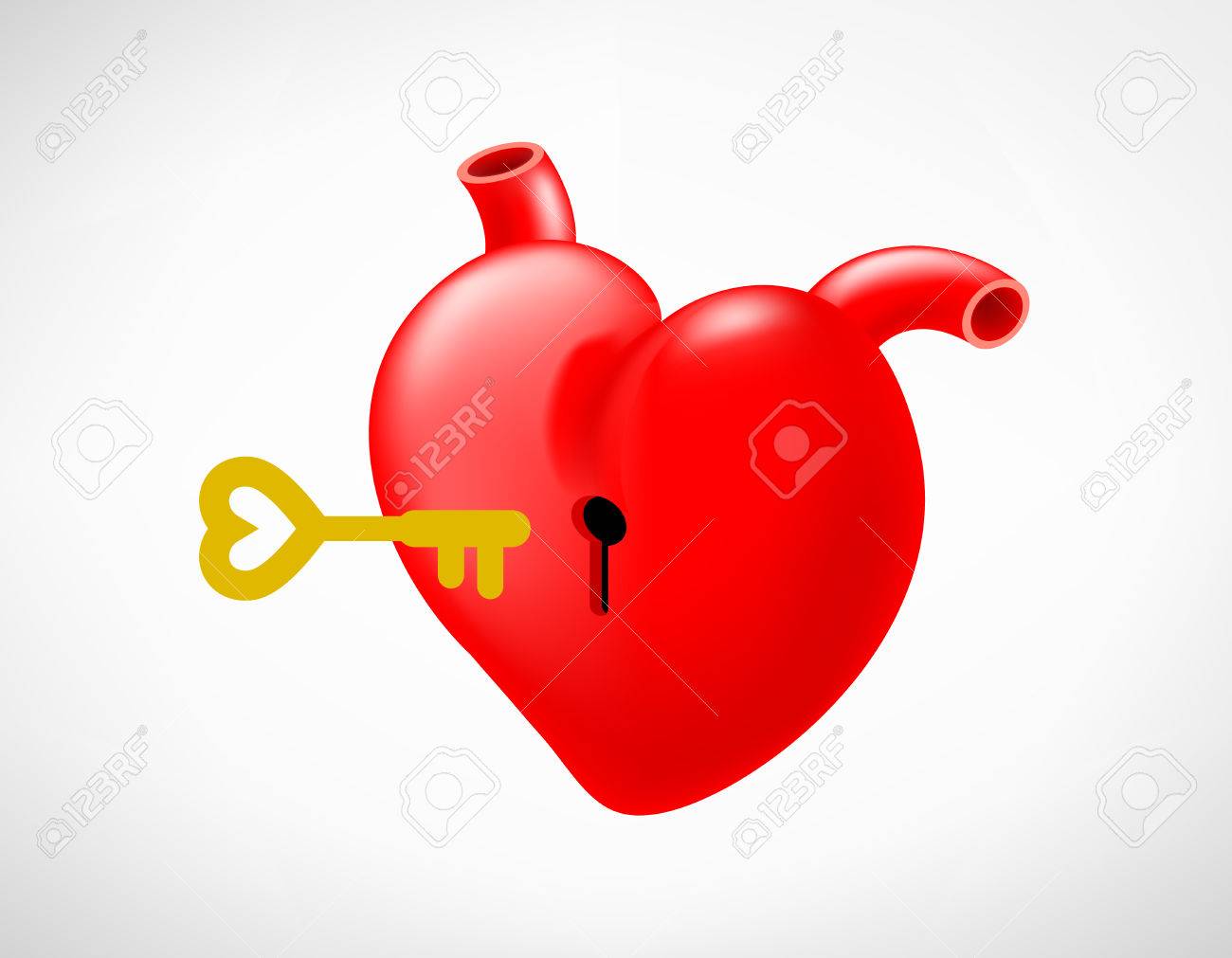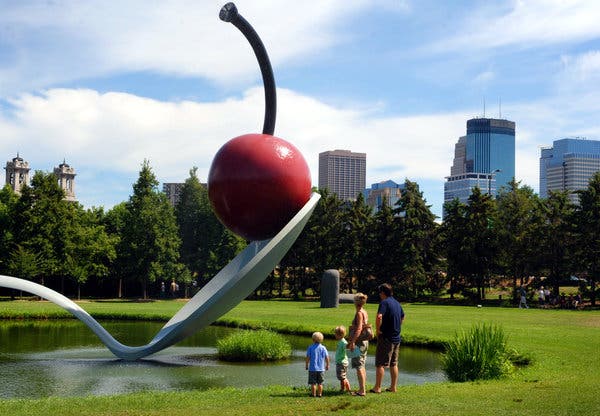
Media and cultural industries are vital to the economy. This article will explore the economic significance of these industries. This article will also consider the impact of fashion, music, television and other media. In addition, it will explore the importance of television and music for the culture industry. This article will be of interest to those with an interest within these industries.
The cultural and media industries are of economic importance
Modern economy depends on creative industries. They produce commercially valuable goods and services, which can either be sold directly to customers or as intellectual properties. These industries combine media, arts and design and are focused on globalization and convergent technologies. While these industries have been in existence since the 1940s and are still a popular topic of academic research and policy debate, it has recently emerged as a hot topic.

The creative and cultural industries are diverse and often disproportionately populated with youth and women. Nearly half of the workers in the music industry were women in 2014. The UNDP/HDRO report also found that women are the dominant group in the production of creative goods and services in developing countries.
Influence on the culture sector by the music industry
The music industry is a large, global organization. The period that saw the most accumulation was the mid-1960s to the late 1970s. This span covered Beatlemania through disco. This time was also marked by clashes between countercultural musicians as well as the recording industry. The music industry has seen a renaissance in the past decade.
The development of digital playback technologies enables music to be listened to in a number of different ways. The way we listen has changed with the advent of streaming services and internet-connected phones. Many consumers have expressed their appreciation for this improvement in accessibility.
Influence of the movie industry on the culture sector
The film industry has a powerful influence on culture. Many films portray a society’s culture as well as its values. Its films frequently take positions on current affairs and can create controversy in every part of the country. A good film can expand the viewer's understanding of a culture.

Many people have a special place for the film industry. Its impact on society was felt for the first time in 1920. The number of people going to the movies was staggering, and more people attended movie theaters on Sundays than went to church. This change changed how people saw the globe.
FAQ
How can I incorporate pop culture into my marketing strategy?
Pop culture is a great way to understand how to market your products and services.
Let's take, for example, the promotion of a new movie. What type of promotion could you offer?
A trailer could be created using clips from the film. A clip could be found that features your product or service and included in the video.
You could also make a parody trailer by using famous films.
A promotional campaign could be created based on the plotline of the movie if you were promoting a product/service that is related to the movie's theme. For instance, if the movie is set in outer space, you might want to advertise a product that helps astronauts stay healthy while traveling through space.
Promos could be run for businesses that are related to the movie's plotline. A company that sells food could give away free samples to customers who book tickets to see the movie.
What is popular music culture?
Popular Music Culture is a constantly-changing phenomenon that comes in many forms.
Music and lyrics are the main characteristics of popular music culture. It also includes the influence of visual media (e.g., film, television and fashion) on artists' careers.
It's also about the way fans interact with their favorite artists.
A key element of popular music culture are the "superstars", which are musicians who have achieved fame or fortune.
These superstars often transcend genres and become cultural icons, and their popularity has influenced the evolution of popular music itself.
Other elements of popular culture in music include:
* The rise in recording technology - from acoustic instruments, to electric guitars, and microphones.
* The invention of record players and radios;
* The dawn of rock 'n' roll;
* The introduction of TV and film;
* The birth of MTV/VH1;
* The creation the internet.
Who is the inventor of Pop Music?
Frank Zappa invented the concept. His style of music was described by Frank Zappa using the term pop music.
He said that his goal was to make music that is accessible to everyone. Pop music was what he called his music.
Zappa also coined the phrase "You know it’s POP when ..."" which refers to something being popular if it is enjoyed by many people. Michael Jackson's Thriller is one example of the greatest-selling albums.
Zappa's definitions are very different to the present definition of pop music. Pop music can include all music. However, in the past, only certain genres of music were considered to be pop.
How did pop culture develop?
Technology drove the development of popular culture. It developed as people became more mobile. The radio was the first to allow mass communication. This enabled the invention of the radio, which led to the development of television. The internet was born from this.
Computers became popular at home when people were introduced to computer games. These games were originally played on consoles like Sony Playstation 3 or the Nintendo Wii. These games are now available online for free. Many youngsters now choose to play videogames over watching TV.
Video games are very common among children and teens. You can play them alone or with your friends online. Games like Call Of Duty and Grand Theft Auto are extremely violent. Some parents worry about their children playing these games. Others find it thrilling to watch what happens when one of their characters dies.
Music videos are another way in which pop culture influences youth. They give information about current trends and celebrities. They are loved by young people. It is clear that music plays a significant role in our lives.
Music videos are often created by artists who use special effects to enhance their songs. To make their appearance more attractive, rappers may wear makeup or wigs. Others musicians go through extreme physical challenges in order to showcase their bodies. Many singers sing while wearing costumes.
Today, there's so much choice in music. You can listen to anything you want. This isn't always a good thing. Music can sometimes encourage violence. People become angry when they hear certain lyrics and words. Sometimes, they even do crimes.
50 Cent is a recent example of this. The line from his song Get Rich Or Die Trying is "I'm going down a motherfucker / I don’t know why, but I might." Someone heard this song and thought it meant that he was going to kill someone. He was threatened by a man who called him. 50 Cent changed his lyrics. Now it only says: "I'll shoot a bitch down/ I don't know why but I just may."
Popular culture is essential. We need to understand how it affects us. If we don’t know how it affects our lives, we won’t have the ability to protect ourselves from its negative consequences.
What is the origin of pop music?
It was an accident. The accident that someone accidentally knocked down a piano in 1920 caused the first song's creation.
The recording company liked the song and decided to release it single.
This became the first recorded hit single.
Pop music has been the most loved form of musical entertainment since then.
Why is pop music so beloved?
Pop music is fun because it is entertaining! Pop music makes you happy and gives you a sense of freedom. People listen to pop music and can think about nothing but themselves. They don’t have to worry what other people think. This is why pop music is so loved. People like listening to songs that make them feel good. Turn on the radio to hear upbeat music if you're feeling low. You may even find yourself singing along. Pop music is a success because of this.
What examples of pop culture are there in 2021?
Two hijacked planes crashed into the Twin Towers of New York City's World Trade Center on September 11, 2001. This day would become known as 9/11.
These events have had a profound impact on popular culture, and they continue to have an influence today. We can see the many ways that this event has influenced us.
Television shows like 24 and movies like United 93 are included. They tell the story of the events that took place on the flight from Boston, Massachusetts to Los Angeles on September 11, 2001. This includes books such as The Forever War by Dexter Filkins.
We all remember where we were when we first heard about the attacks. Some people got out and ran outside while others stayed in bed or read newspapers.
Pop culture changes each year. Pop culture provides inspiration and reflections society. How will pop culture evolve in the coming year? We are not able to predict the future. It will be different than before.
Statistics
- Recently, the market share across Western Europe has ranged from 60-75% (Hopewell, 2013). (socialsci.libretexts.org)
- In 1987, US films captured 56% of the European film market. (socialsci.libretexts.org)
- [17][18][19]Definition[edit]According to author John Storey, there are various definitions of popular culture. (en.wikipedia.org)
- For example, the term hater meaning someone who strongly undermines or criticizes others, often due to pathetic jealousy, likely emerged from hip hop culture, such as the term playa hateras, used by influential rapper Biggie Smalls as early as 1995. (simplicable.com)
- Yet a Nielsen study shows they account for 42% of the country's most-watched content on streaming services. courtesy Nielsen (npr.org)
External Links
How To
What are some famous pop culture references?
In the 1960s, Americans were obsessed with space travel. The most popular TV show at the time was Star Trek.
The original series aired on NBC from 1966-1969. It featured William Shatner in Captain Kirk, Leonard Nimoy in Mr. Spock, DeForest Kelley playing Dr. McCoy and James Doohan playing Scotty. Majel Bart Roddenberry played Uhura. Nichelle Nichols played Lieutenant Nyota Uhura. Walter Koenig portrayed Pavel Chekov. Grace Lee Whitney acted as Yeoman Janice Rand. (Wikipedia)
In 1967, the series was the subject of the first feature-length film. Paramount Pictures released the film, titled "Star Trek." The movie, directed by Robert Wise, featured an ensemble cast including William Shatner, Leonard Nimoy, DeForest Kelley, James Doohan, Walter Koenig, Majel Barrett, Roland Nichelle Nichols, George Takei, and Grace Lee Whitney. (Wikipedia)
The second season of the TV series started airing in 1968. This season focused on the crew traveling back in time to 1969. (Wikipedia)
In 1971, the third season began airing. This season introduced Commander Richard A. Morn, a new character. He was an officer in Starfleet who was born on Earth, 2063. (Wikipedia)
There was also a live-action spinoff, "Star Trek: Planet of the Apes" during this time. It aired on the air between 1972 and 1974. (Wikipedia)
The fourth season debuted in 1973. This season introduced Lt. Ilia (the new character) and Ensign Ro Laren. Marina Sirtis was the one who played them both. (Wikipedia)
The fifth season premiered in 1975. It was the last season to air before the franchise went into hiatus. (Wikipedia)
After the television series was canceled, several attempts were made to revive it. Some of them included the 1977 pilot episode "Where No Man Has Gone Before" which was not able to find a studio or network partner. (Wikipedia)
Star Trek: New Voyages was also animated in 1998. It aired only 13 episodes. (Wikipedia).
After a seven-year hiatus, the sixth season of the TV series was returned in 2009. It was titled "Enterprise". It ran for five seasons until 2013. (Wikipedia)
Also, there were three feature films made in this time period. It was first released in 1979. It was titled "Star Trek: The Motion Picture". Nicholas Meyer was the director. The film starred William Shatner, James Doohan, Leonard Nimoy, Walter Koenig, George Takei, Majel Barrett Roddy, and Ricardo Montalban. (Wikipedia)
The next two movies were made in 1982 and 1987. They were titled "Star Trek II: The Wrath of Khan" (or "Star Trek III): The Search For Spock. Nicholas Meyer directed them both. (Wikipedia)
The seventh season of the series was aired in 2001. It was titled "Encounter at Farpoint". It was the debut episode of the show's era without guest stars. (Wikipedia)
2005 saw the airing of the final episode. It was titled "All Good Things...". It was written by Ronald D. Moore. It was directed by David Livingston. (Wikipedia.)
Star Trek TV Show premiered 2008 with a brand new series. It was called "Trek Nation". It is currently airing on CBS. (Wikipedia) "Trek Nation" is a story about a group of people with different backgrounds who join forces to create their version of United Federation of Planets. Their goal is peace on other planets. (Wikipedia). "Trek Nation" is a very interesting concept because it shows how diverse people can come together and create something good. (YouTube Video)
It's worth reading books on Star Trek's timeline. Start with Gary Wolfe's book Star Trek Chronology. There are many more books available online.